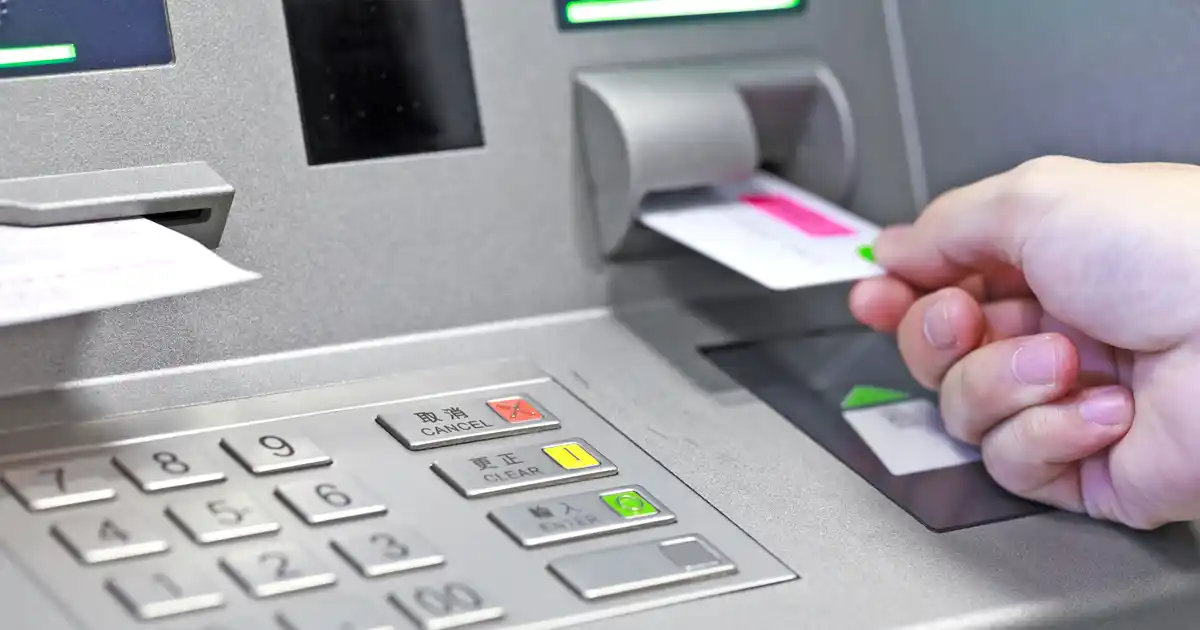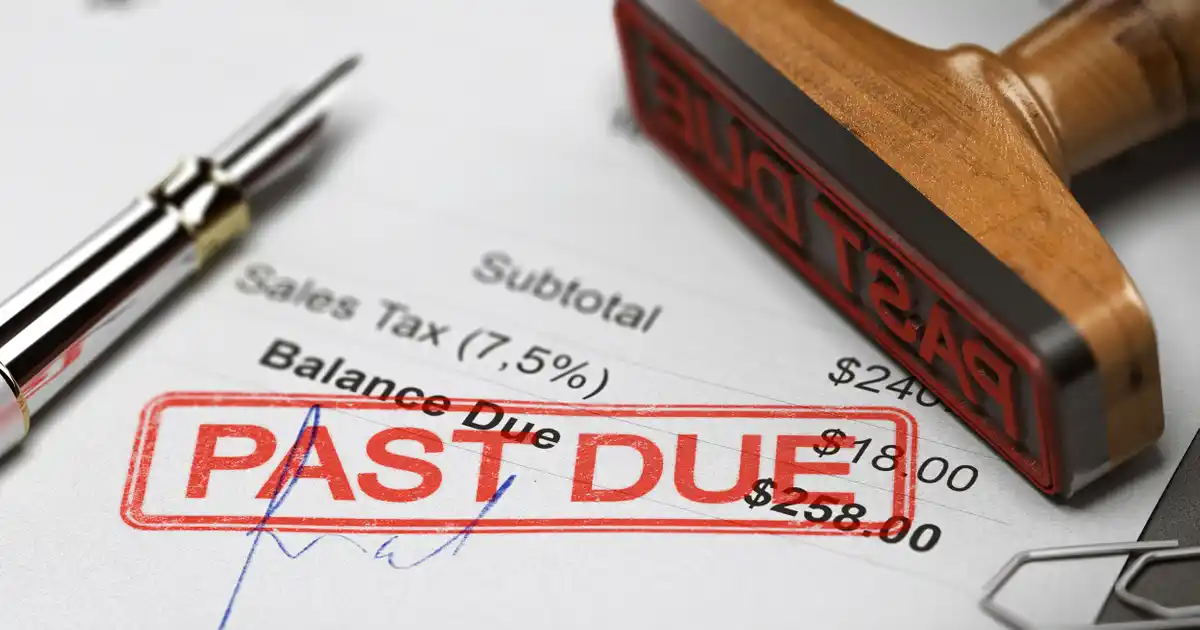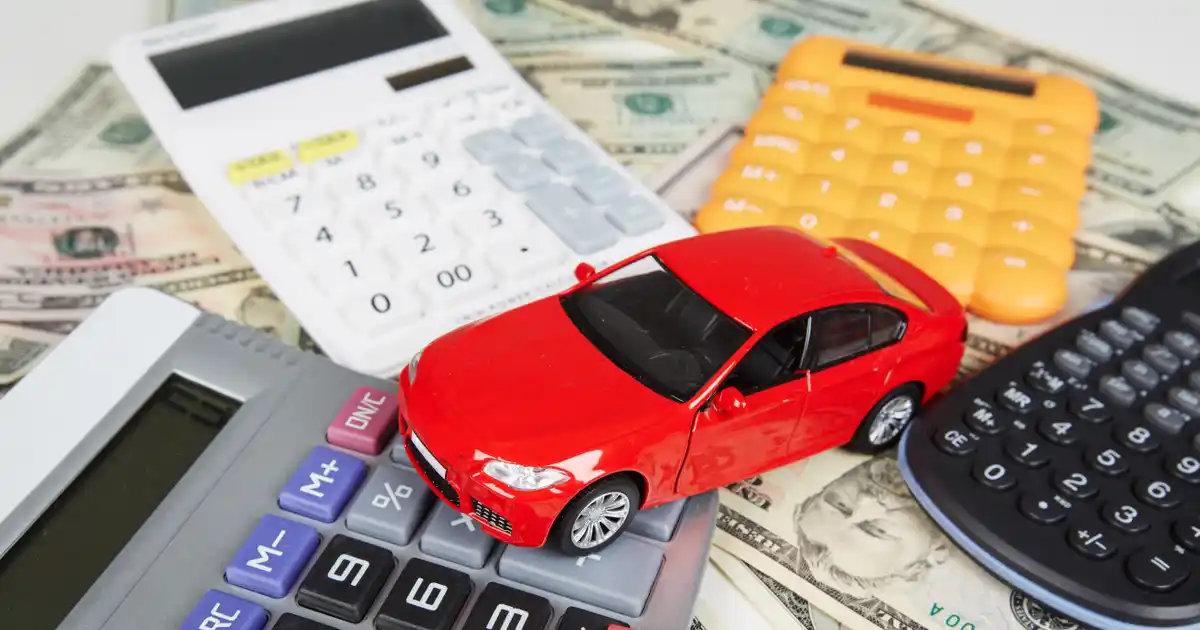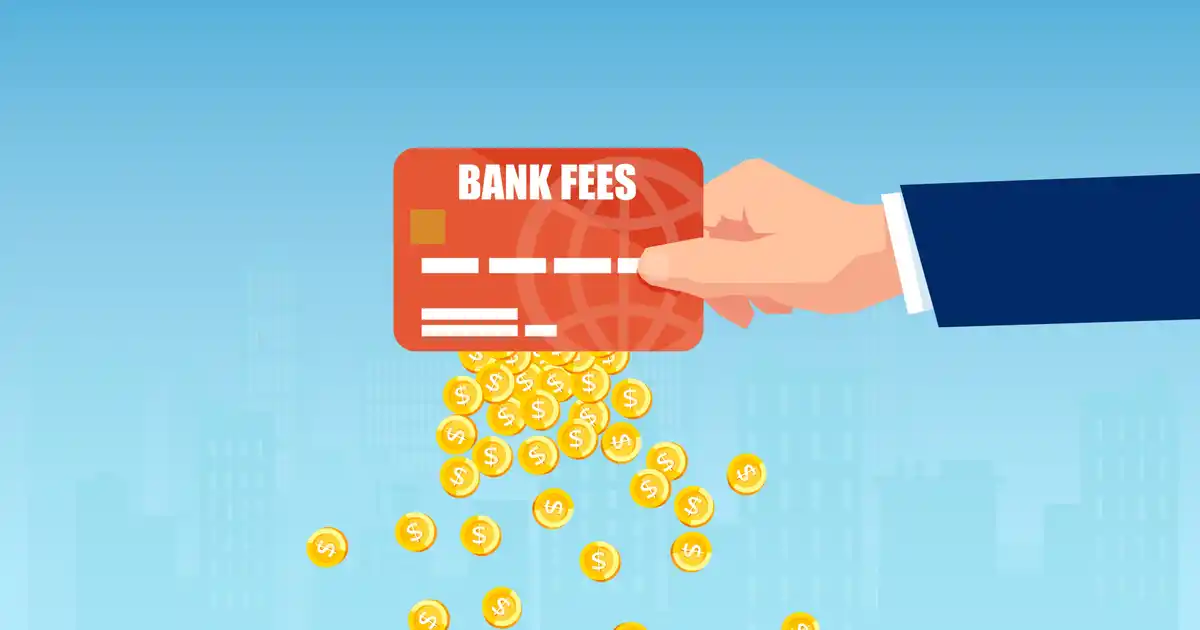If you’ve been paying attention lately, it certainly feels like the cost of… well, everything, has been going up lately. And while goods and services do typically cost more over time due to inflation, that’s not the only thing attacking your budget these days. For many people, it’s all the extra fees. Fees in places that never used to have fees. Fees that keep creeping up. Hidden fees. Unavoidable fees. And plenty of fees that are downright stupid.
In age of completely unchecked capitalism, it seems that any company — big or small — is willing to tack on some extra fees. You know, just to see if they can get away with it. And for the most part, they can. People will begrudgingly pay the extra few bucks because what other choice do they really have? Well, some fees are avoidable. Others are negotiable, at least. In a world filled with stupid fees, here’s how you can save a few bucks by not paying certain ones.
Gym Initiation Fees
There’s nothing wrong with joining a gym. Getting into a regular fitness routine can do wonders for both your physical and mental health. Monthly gym fees can range from fairly cheap ($20) to luxurious ($100+), depending on what you’re looking for. One thing you should never pay, however, is the membership initiation fee.
Many gyms try to charge a one-time, up-front fee to new members. It can run anywhere from $50 to $200. There’s really no need for it, either. You’re just paying for the right to be charged your monthly fee. It’s a cash grab, plain and simple. There’s a reason that gyms regularly advertise periods of “No Membership Fees.” They don’t really need it. After all, they still make plenty of money from your monthly fees.
If your new gym tries to add a membership initiation fee, push back. Ask them to waive it (and be willing to walk away if they won’t). Most gym salespeople are under a lot of pressure to add new members every month, so they may happily waive it in order to secure your sign up. If they don’t, try the next gym — or a different salesperson a month later.
 Shutterstock
ShutterstockATM Fees
Luckily, we are quickly moving towards a more cashless world. That means having to hit the ATM on a regular basis is slowly becoming a thing of the past. If you do need cash in a hurry, though, you’re probably going to pay for it. Most third-party ATMs charge at least a couple of bucks to use. In addition, your bank might also charge you extra, depending on what type of account you have. So pulling out a $20 could easily cost you $24. That’s a 20% fee just to access your own money.
You can combat ATM fees in a few different ways. The first and most obvious one is to just plan ahead. If you know you’re going to need cash for something, make a point to hit up one of your bank’s own ATMs. They typically won’t charge anything for that. You could also buy something small at a store that offers cashback (although if you didn’t really need the small purchase, it’s still a fee — just with a bonus prize). Lastly, you can look for checking accounts that either don’t charge ATMs fees or offer to refund them.
 Shutterstock
ShutterstockCashback Fees
Speaking of cashback, some retailers will actually attempt to charge you a small fee to use it. Yes, even if you’re already paying for a bunch of other items already. This is likely against some sort of service agreement rule between the store and the banks, but that doesn’t seem to stop them.
If you ask for cashback and the clerk says “sure, but there’s a $2 surcharge”, what are you going to do? If you really need the cash, you probably suck it up and pay the fee. However, that just encourages this kind of greedy fee to continue to exist. We strongly advise that you (politely) tell the employee where to stick their cashback fee. Remember, it’s not some checkout dude’s fault that their company made this policy. Then go find your cash somewhere that doesn’t charge you extra for it.
 Shutterstock
ShutterstockMerchant Credit Card Fees
Every time you use your credit card at a store, it costs them a small processing fee. For this reason, you sometimes see smaller retailers (or Mom and Pop stores) put up signs around their cash registers that say “No Debit/Credit transactions under $5” or “$1 Fee For Credit Card Transactions Under $10.” They are simply attempting to not lose money on a small purchase, since they still have to pay Visa/MasterCard/Amex the flat rate when you use your card to buy $2 worth of gum.
However, these extra fees are explicitly against the terms of service that these stores have to sign with the credit card companies. If you’re feeling feisty, you can go ahead and argue with them. They may be willing to waive the fee if you put up enough of a stink. If you’re particularly spiteful, you could try to report stores who charge these fees to the credit card companies themselves. The real solution, though, is to simply stop shopping there. If you get stuck paying a petty merchant credit card fee, just make a mental note to not return to that store.
 Shutterstock
ShutterstockCredit Reports
You absolutely should be checking your credit report on a regular basis. At the very least, you should request a copy from the three major credit bureaus once per year. Keeping an eye on your credit report can prevent identity theft or other reporting errors that might tank your credit.
However, if you ever find yourself on a website that is trying to charge you for a copy of your credit report, don’t pay it. It’s absolutely a scam. Equifax, TransUnion, and Experian are all legally required to offer you a free copy of your report once per year. One site you can trust is AnnualCreditReport.com. You may also be able to get a copy of your report from your bank or credit card company, so it’s worth asking if you need an extra (or more recent) copy.
 Shutterstock
ShutterstockMortgage Fees
For most people, buying a house will be the biggest purchase of their entire life. There’s a good reason it takes 20 to 30 years to pay off a mortgage. Unfortunately, most mortgages are bogged down with extra fees. They add up quickly, and can cost even more if you opt to roll them into the mortgage itself. Suddenly you’re amortizing things like application fees or locked rate fees over 20 years at 2.99%. Don’t do that.
The key to avoiding pointless mortgage fees is usually some strong negotiating. There are plenty of mortgage lenders out there, so don’t be shy when it comes to comparison shopping. Repeat this phrase to yourself until you memorize it:
“Your competitor isn’t charging me that fee. Will you consider removing it?”
Many of these fees can be eliminated or reduced — they certainly aren’t required by any law. They only exist to make someone (a bank or mortgage broker) a couple of extra bucks. After all, what’s an extra $1,000 fee when you’re buying a house for $550,000, right? Well, that’s exactly what they want you to think.
It’s also worth looking for a mortgage broker that advertises “no additional fees” mortgages. That means any service they have to contract out (inspections, appraisals, legal work) won’t add to your bill.
 Shutterstock
ShutterstockLate Fees
If you get stuck with a late fee on one of your bill payments, there’s not much you can do about it. Really, that one’s on you for letting the due date lapse. However, if you are normally extremely punctual with your payments or it’s your first time being late, you might be able to call customer support and get it removed.
The real solution, of course, is to not make late payments in the first place. This is where setting automatic bill payments can come in quite handy. They are especially useful for bills that are the same amount every month, like an insurance premium for example.
You can even set up automatic payments to your credit card, for at least the minimum amount. You should definitely send more than the minimum. In fact, you should be striving to pay off your balance every month. However, a small automatic payment will at least prevent any late fees from popping up.
 Shutterstock
ShutterstockCar Dealer Fees
Much like mortgages, buying a car from a dealership can be filled with plenty of extra (and unnecessary) fees. Some dealers will try to charge you for a handful of extra things, most of them sounding like something created by a backroom marketing team. Advertising fees, delivery fees, undercoating fees, cleaning fees, restocking fees, and a bunch of other dumb sounding extra costs.
The good news is that, once again, none of these are legally required. And since there’s always another dealer opting for your business, getting these fees removed is often simply a matter of asking. If you’re considering buying a Ford and the bill of sale appears with a bunch of extra line items, tell them you’re going to visit the Honda dealer instead. You’ll be amazed at how quickly those “Because We Think You’re a Sucker Fees” dry up and vanish.
 Shutterstock
ShutterstockInvestment Fees
The best thing you can do for your future self is to start investing at a young age. And we don’t mean picking meme stocks on some mobile app. We’re talking about consistent, reliable contributions to a tax advantaged investment account like a 401(k) or Roth IRA. Try to set aside at least 5% of every paycheck, leave it alone to grow over the decades, and you’ll be well on your way to a comfortable retirement.
However, a lot of these retirement accounts charge some sort of management fee. Or it can be disguised as an account maintenance fee. Whatever they call it, make sure you’re not overpaying. They are already making plenty of money off your investments, so don’t let them skim even more from your potential retirement nest egg.
Shop around. If you find an IRA provider with lower (or zero) fees, you can transfer over without penalty. If you’re locked into an employer sponsored 401(k), however, you may not have a choice. But if you ever leave that company, though, be aware that you’re not required to keep your money invested with their broker of choice.
 Shutterstock
ShutterstockCoinstar Fees
Those Coinstar machines are so darn convenient. You just take your jar of loose change, dump it in the machine, and it spits out a check for the total amount. You don’t have to count it, let alone roll all those coins individually. All that convenience for the low price of… 12%? Wait, are you serious? Coinstar wants $12 out of every $100 just for mechanically sorting your spare change? That’s a ridiculous fee. Don’t pay it.
There are a few good ways to avoid this fee. For starters, you can actually go ahead and make your own rolls of change. Banks often offer those paper rolls for free, but you can grab a huge bag from most dollar stores too. It’s a bit time consuming, but you won’t lose 12% of your money.
The other option is to opt for a gift card from the Coinstar machine instead of a paper check. They don’t charge you a fee, but users do complain that the gift card options are somewhat limited. However, if you regularly spend money at one of those places, getting 100% of your money on a gift card is better than getting 88% of it.
 Shutterstock
ShutterstockCredit Card Processing Fees
You can use your credit card to pay for almost anything. Even things like your monthly car or auto insurance premiums and utility bills. Unfortunately, some of those bill payments charge a processing fee for using your credit card. Like retailers, these companies pay a fee to the credit card companies if you use your card to pay. So they are trying to pass that fee along to you (or at least encourage you to not pay via credit card at all).
One option for avoiding this fee, at least for insurance premiums, is to pay the entire year up front. Most insurance companies don’t include the fee unless it’s for monthly payments. And don’t worry, you can always get a refund if you decide to cancel your insurance for any reason. Paying up front for 12 months doesn’t lock you into a contract.
As for utility bills, there are easier (and cheaper) ways to pay than a credit card. You can still mail in a paper check, but the easiest form of payment is through your online banking. The money goes directly from your checking account to the utility provider, without any fees or delays.
 Shutterstock
ShutterstockOverdraft Fees
We already covered overdraft fees (and other banking fees) in depth in this article. However, it’s worth mentioning again that overdraft fees are dumb and expensive. Overdraft fees occur when you try to spend more than is in your account, whether via writing a check or making a debit purchase. Instead of declining your purchase, your bank might allow you to go into the negative. And then they charge anywhere from $30 to $60 for the privilege.
There are a couple solutions. The easiest is to make sure your account doesn’t include overdraft protection at all. If the account can’t cover the purchase, your debit attempt is declined. (This doesn’t help with checks that you’ve already written, though). You can also see about setting up a failsafe system, where your savings account is automatically used to top-up your checking account if it does negative. Of course, you’ll need to keep enough money in your savings account for this to work.
Lastly, you can shop around for a bank that offers certain account types that include overdraft protection. These accounts might charge more as a monthly service fee. However, if you find yourself being dinged with multiple overdraft fees every year, it’s probably worth it.
 Shutterstock
Shutterstock